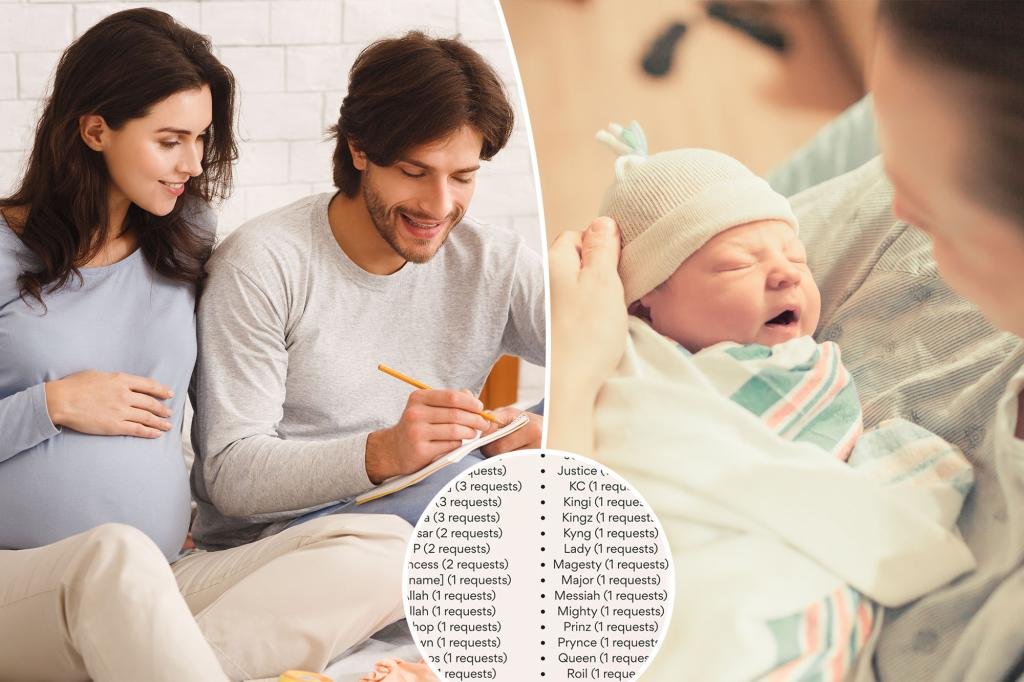It’s a name fit for a king — unless you’re a Kiwi.
New Zealand just released its most recent list of banned baby names, with King topping the list of monikers outlawed in the country, per CNN.
It’s perfectly legal in the US, where more than 1,000 babies were given the name King in 2024, according to the Social Security Administration.
All 11 New Zealand parents who applied to call their newborn King were asked to give it a second thought, John Crawford-Smith, Principal Advisor of the Department of Internal Affairs in New Zealand, revealed.
“We continue to urge parents to think carefully about names,” Crawford-Smith told CNN. “Names are a gift.”
Meanwhile, Prince ranked second in the latest list of banned names in New Zealand with 10 rejected applications, followed by Princess with four — a royal pain for some hopeful parents.
Other royal-related names that are forbidden in the country — which regulates baby names under a strict registration law — include Duke, Emperor, Majesty, Queen and Crown. Names like Kingi, Kingz, Prinz, Prynce, and Royallty were also banned.
Crawford-Smith said that New Zealand registered 60,000 births last year and 38 proposed names were rejected.
Under the country’s registration law, baby names cannot be offensive, unreasonably long, include numbers and symbols, and must not resemble official titles or ranks “without adequate justification,” the Births, Deaths, Marriages, and Relationships Registration Act 2021 proclaims.
However, parents are given the chance to explain their reasoning behind the name choice before the Registrar General makes their final decision.
New Zealand is part of the British Commonwealth and calls King Charles III its King — though it’s unclear if the parents hoping to give their children a regal name meant it as a tribute to him.
Other names such as Sativa and Indica, strains of cannabis, were rejected, perhaps due to community perceptions of the potential names. Fanny — which was once a popular name — was also banned.
Read the full article here
















